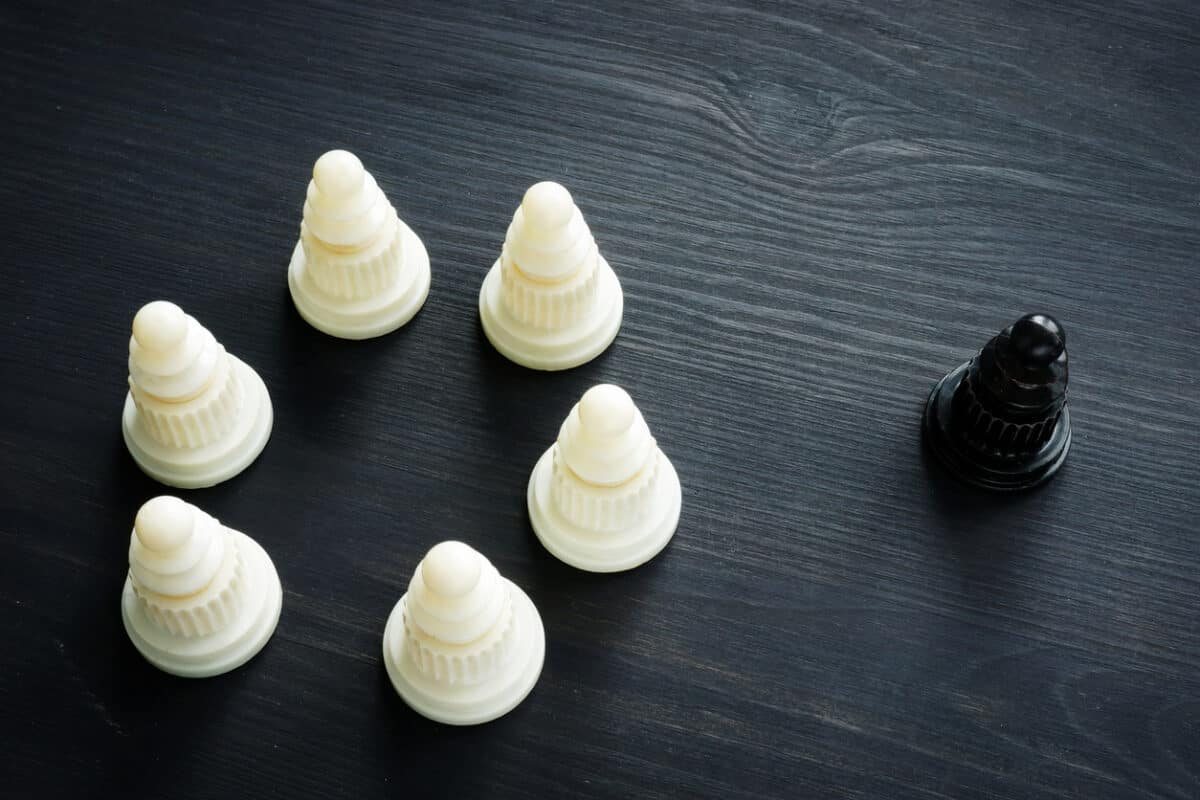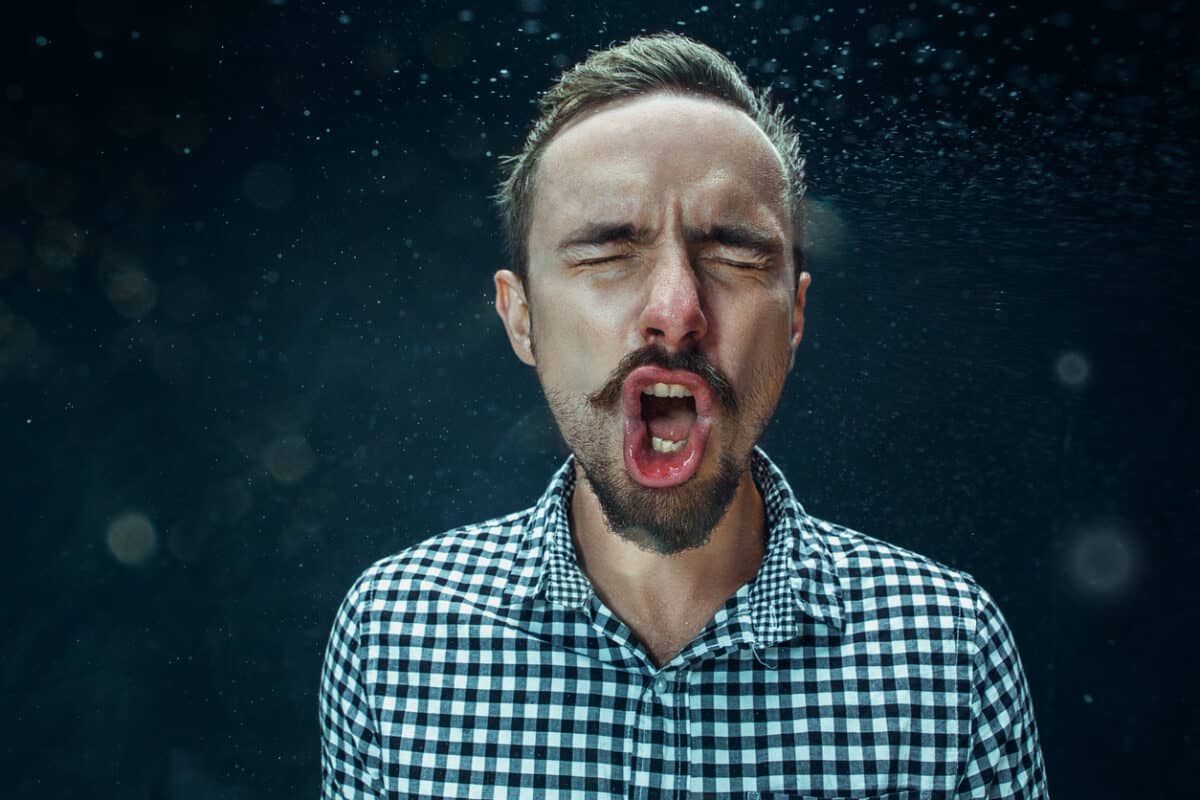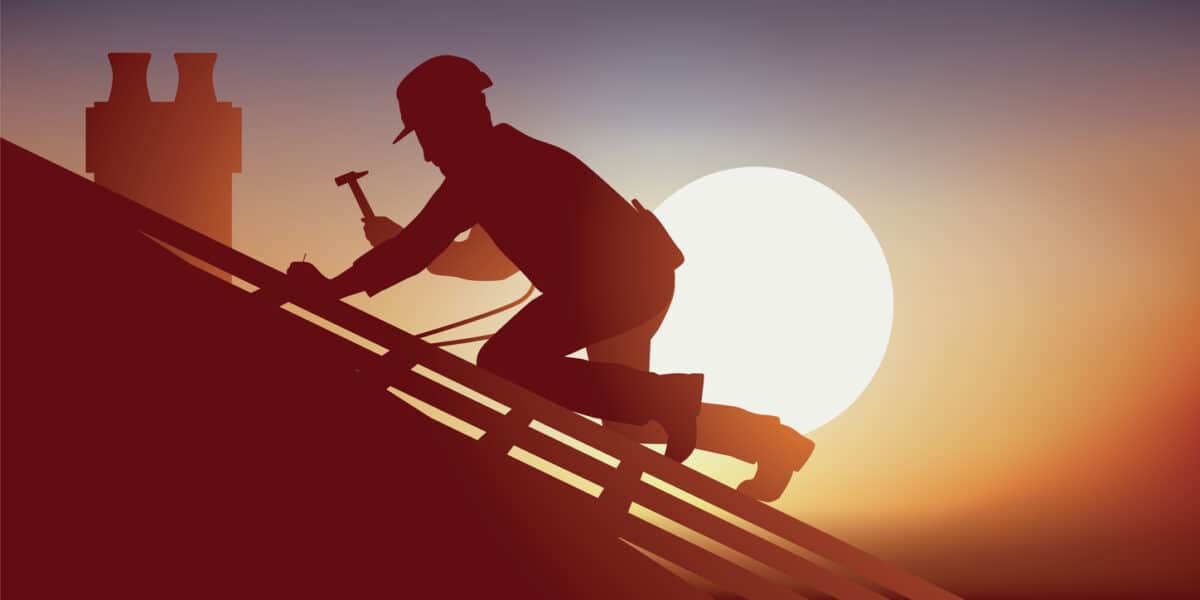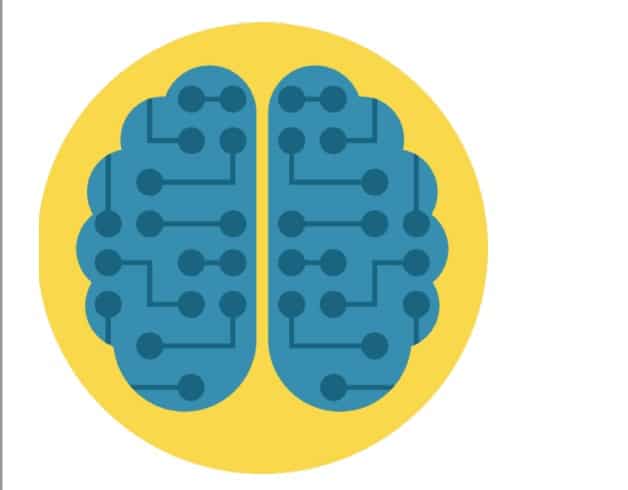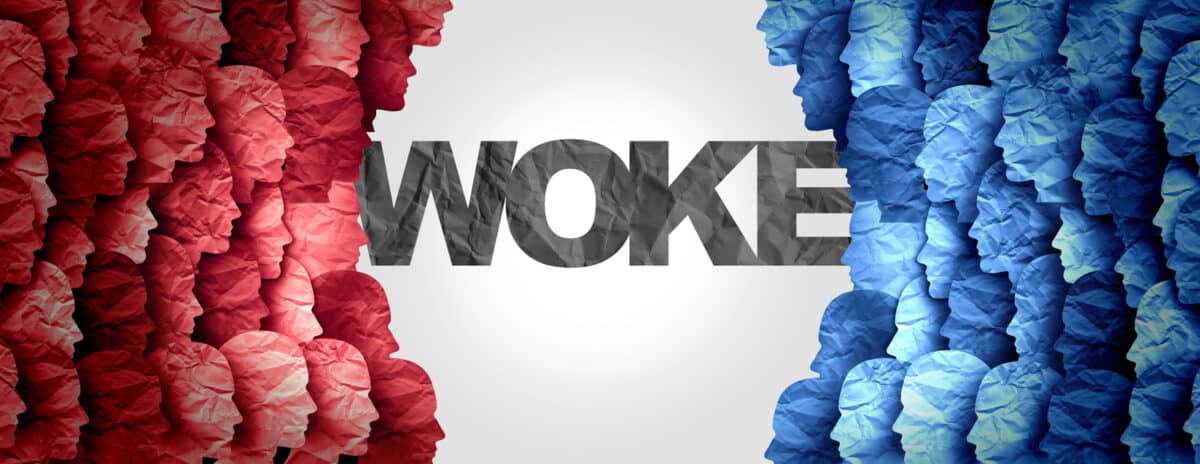Australian political debate has a recurring thread of State and Federal responsibility. Currently, this debate focuses on the emergency response for floods in Queensland and New South Wales. Before this was the COVID response and the Black Summer bushfires. This argument over responsibility has trickled along for many years, for Constitutional and other reasons, including occupational health and safety (OHS).
Some years ago, all the Australian governments had a stab at resolving the split without reforming the Constitution through the OHS harmonisation strategy. It tweaked the system without Constitutional reform, but OHS will remain primarily a State and Territory matter (except for Comcare). This allows Prime Minister Scott Morrison to make bold statements (and some not-so-bold) about national problems like sexual harassment in Australian workplaces or worker exploitation in agriculture, understanding that the local jurisdictions are the ones who need to fix and police the problems.

